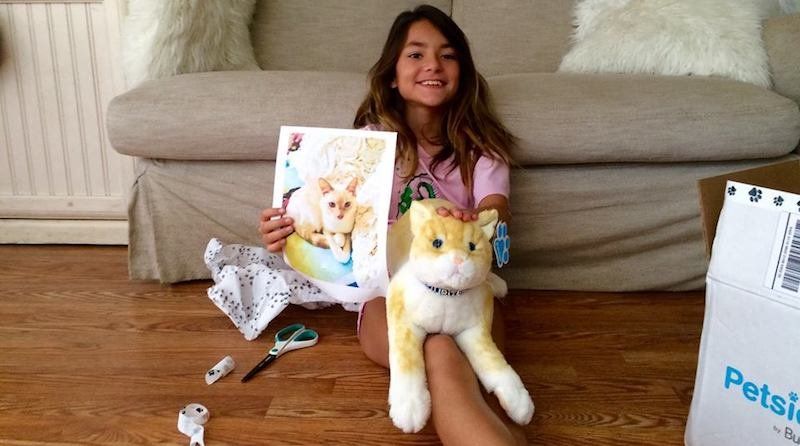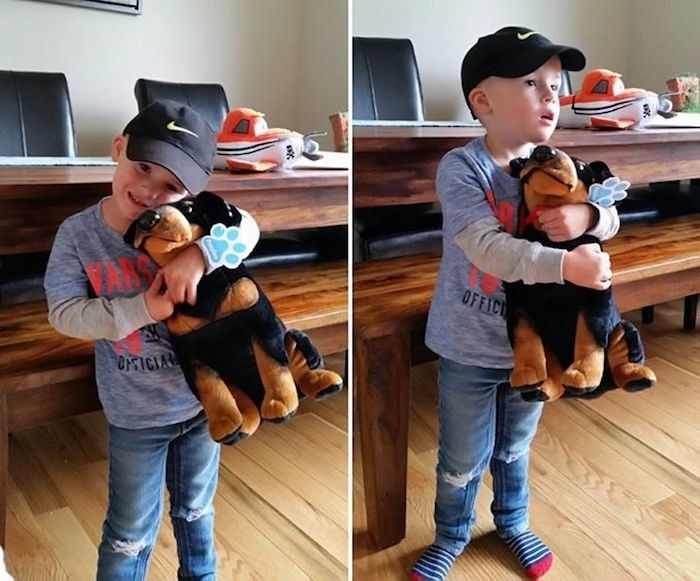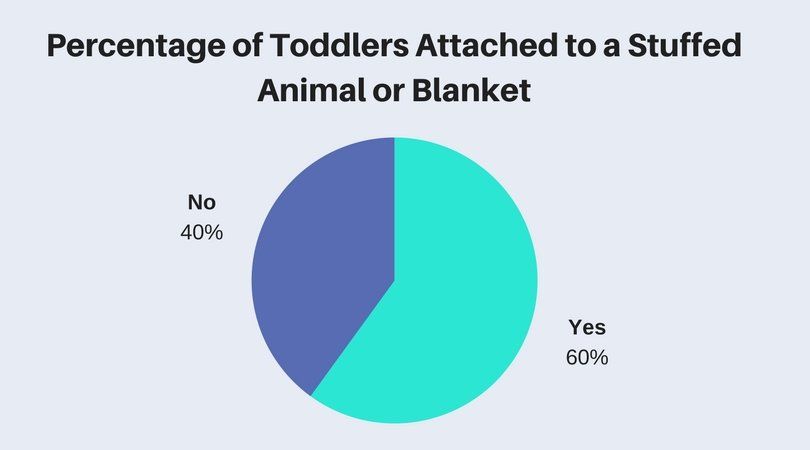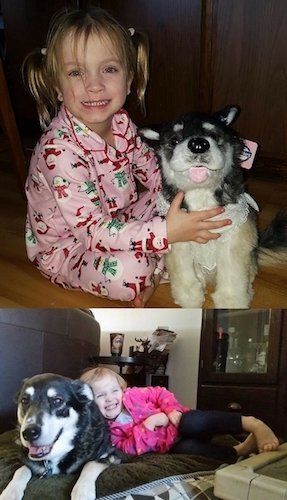Stuffed Animals & Pet Loss
4 Reasons Stuffed Animals Help Kids Deal With Loss of a Pet
For most kids, pets are more than just animals — they're important members of the family and best of friends. Many children grow up with their pets and can’t imagine life without them.
While as a parent it's impossible to shelter kids from the death of a pet, you can help them find ways to cope with it. A pet's death might be their first time losing a loved one and understanding the grieving process can help kids learn how to cope with other losses throughout life.
A recent study of 12 children ages 6 to 13 who had lost a pet, published in the journal Environmental Education Research , found that even many years after their animal’s death, some children still described the loss as “the worst day of their lives.” But there are ways to mitigate that pain and turn grief into growth.
One of those ways is through cuddly stuffed animals called Petsies . Here’s why…
1) Petsies Helps Them Constructively Work Through Their Grief
One way young children express their grief is through play, which could materialize in various different ways. After the loss of a pet, children may try to simulate that event by pretending their stuffed animal or plush dog fell ill and passed away. Parents can help their children through this grieving process by actively participating in imaginary play, even if it seems a little strange or morbid.
For children, acting out their feelings helps them explore their more complex emotions when it comes to the loss of their pet. Scientists regularly find that so-called “transitional objects” help children handle emotions and limit stress, especially during times of uncertainty and loss. Getting a custom stuffed animal made of the pet is a huggable reminder of the loving bond your children shared with them.
2) Petsies Helps Them Remember
By having a custom-made stuffed animal, you are showing your child that it is okay to talk about the pet and express feelings and memories about them. This shows kids that you are open to remembering your furry pal and just because they are gone they don’t need to be forgotten.
The memories are healing for a family and can help keep the memory of our favorite pet much more vivid. It’s like having a living photo album of good memories that you shared!
3) Petsies Help Them Feel Safe
A loss of a pet can make a child feel like they have no control. Having a stuffed animal that they can play with as they feel can help them feel like they have some agency in their lives. In fact, 60% of toddlers are attached to a stuffed animal or blanket, according to child-development experts. This is an important method of helping children feel secure after a devastating loss and can help you when parenting through their grief.
Children may feel more attached to family members making it difficult for them to release and move on. These moments of separation are known as transitions; and science has proven that children who have a transitional object, like a stuffed animal, are able to handle these moments easier than those who don’t have one.
4) Petsies Helps Them Communicate Their Feelings
To be certain, a child’s age and emotional maturity affect how he or she understands death, and the ways in which a child grieves can look very different from an adult’s. It is normal if your child does not always cry or immediately show intense emotion. This doesn’t mean they are not deeply affected by the loss or not dealing with the trauma.
Reassure your child that It’s a good thing to have feelings, even sad ones, and learning how to express and manage those feelings and helps them understand loss in the future.
Create Your Own Huggable Reminder
Each Petsies replica of your pet is custom-made, and the results are remarkably close to what your pet looked like. Children will love the memory of one of their best friends and it will help them move through the loss and understand their emotions more as they grow. We're grateful to have the opportunity to bring comfort to your family after your loss and hope that we can keep the memory of your pet alive for years to come.
Disclosure:
The content of this site is for informational and educational purposes only. Nothing on our website is intended to be a substitute for professional psychological, psychiatric or medical advice, diagnosis, or treatment. We are not, nor do we claim to be, medical professionals.
Citations:
Hawkins, R., & Williams, J. (2017). Childhood Attachment to Pets: Associations between Pet Attachment, Attitudes to Animals, Compassion, and Humane Behaviour. International Journal of Environmental Research and Public Health , 14(12), 490. doi:10.3390/ijerph14050490
Lehman EB, Arnold BE, Reeves SL. Attachments to blankets, teddy bears, and other non social objects: A child's perspective. T he Journal of Genetic Psychology . 1995;156(4):443–459.
Russell, J. (2016). Everything has to die one day: children’s explorations of the meanings of death in human-animal-nature relationships. Environmental Education Research , 23(1), 75-90. doi:10.1080/13504622.2016.1144175




